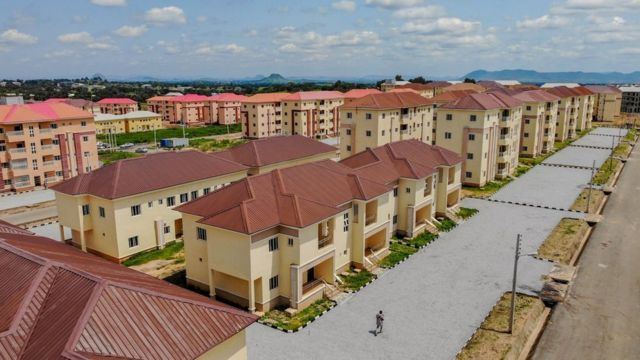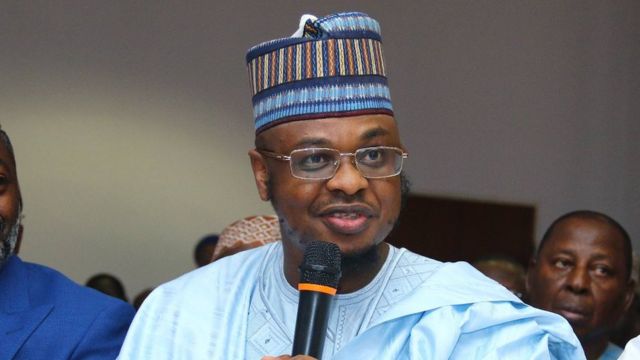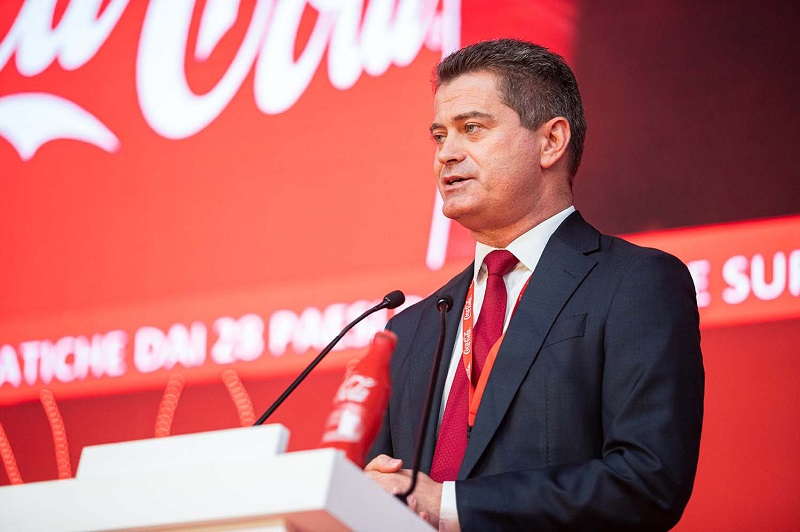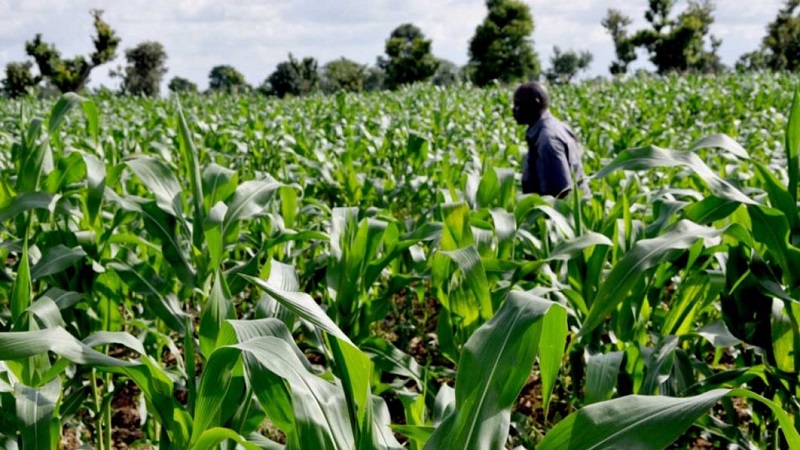BY MADUABUCHI EFEGADI
A new focus report on Africa’s agriculture presented by the Oxford Business Group (OBG), a business intelligence and consultancy firm, says Africa’s agriculture, although has the biggest potential in the world, requires new strategies to face food, economic, and climate challenges.
The OBG study, under the title, “Agriculture in Africa 2022,” noted that with Africa’s population expected to double by 2050, according to the World Bank, and food demand expected to grow by 55 percent by 2030, the challenge of food security is a major issue, where 85 percent of food is nowadays imported, according to data published by the United Nations Conference on Trade and Development (UNCTAD).
The study report, designed to help the continent prepare in the face of food, economic and climate challenges, is the third by the OBG devoted to the major theme of agriculture for the continent; and was produced in collaboration with OCP Group, a leader in plant nutrition and the world’s first producer of phosphate-based fertilisers.
While Africa has the world’s fastest-growing agricultural sector, with an average annual growth rate of 4.3 percent since 2000, the development of the vast amount of uncultivated arable land will not be enough to meet the growing demand for food, the report observed, but it explores the various possibilities and concrete solutions available to meet the food needs of the population, while at the same time integrating the sector into a sustainable and climate change-friendly development.
Increasing production will not be possible without increasing productivity, said the report, and it then highlights the need for circular and green economy practices, such as converting organic waste into productive inputs or recycling water, alongside climate-smart agriculture interventions.
It also stressed that boosting productivity and increasing incomes for smallholders, who produce 80 percent of the food in sub-Saharan Africa, requires greater use of renewable energy technologies and increased support for the institutions that generate them, including research, development and engineering systems, lamenting the lack of funding currently available for these ecosystems.
The report noted that increasing productivity also helps to preserve ecosystems and biodiversity.
The OBG study also argued that while Africa has the potential to feed the world’s population in the coming years, to accomplish this requires land development in a sustainable manner and also address issues such as deforestation and inefficient fertiliser use. This would require the adoption of a green economic model, which is characterised by being low-carbon, resource-efficient and socially inclusive.
Hanane Mourchid, executive director for sustainability and green industrial development of OCP Group, offered insights into how the circular economy and sustainability policies will help address the challenges that agriculture faces in Africa.
She explained the importance for companies to implement sustainability policies, and how the private sector and academia can work together to implement smart farming practices.
Tony Siantonas, director, scaling positive agriculture, World Business Council for Sustainable Development, presented solutions for enhancing sustainability and food security, emphasising the importance of maintaining soil health, and the need for long-term investment and innovation.
Kaushik Majumdar, director-general, African Plant Nutrition Institute, advocated smart and calibrated plant nutrition to counter the adverse effects of climate change and discusses the key role of public-private partnerships in R&D and knowledge transfer in the African agricultural sector.
Karine Loehman, OBG’s managing director for Africa, commended the release of the comprehensive report: “A range of solutions exist to enable African agriculture to adapt to the food, economic and climate challenges. There is an urgent need to invest in human capital so that people can fully reap the benefits of the technological advances and innovative and dynamic financing instruments that exist today.
“Agriculture in Africa 2022″ is part of a series of tailored studies that OBG is currently producing, which includes ESG Intelligence and Future Readiness reports, and other highly relevant, go-to research tools.”





